
From geothermal spas to celebrated wine and food regions, take a true break from the everyday at these leisurely destinations in Europe.
Initial Germanic tribes moved south from Scandinavia and northern Europe around 1st century BC. By the 5th century, Germanic territory was consolidated under the Romans’ expansive Frankish Empire (comprising what would later become France and Germany).
In 936 AD, Otto I or Otto the Great became both German king and Holy Roman Emperor and from the 9th to the 11th century the Kingdom of Germany was created through the expansion of Eastern Francia (a movement known as the Ostsiedlung). The subsequent years saw massive economic and structural development for Germany as the size and number of cities across the country grew. Cologne’s location on the Rhine opened it up as a major trade thoroughfare and the city developed fast under the new economic structures of modern day Germany.

The following years saw much social and political change. Martin Luther, priest and professor of theology, made his claim for Protestant Reclamation against the powerful Catholic Church in 1517. One hundred years later, further disparity and grievances between these two churches would lead to the Thirty Years War and the deaths of 8 million people.
By the mid-16th century, the population stood at around 20 million. Print and scientific faculties were growing as translations of the bible rolled out and a number of intellectuals–Kopernikus, Kepler et al. – made startling discoveries.
From 1525 right until 1918, Germany continued to expand and amass land under the banner of the Prussian state. This period would also see the appointment of the first Chancellor of the German Empire; Otto von Bismarck (1871-1890).
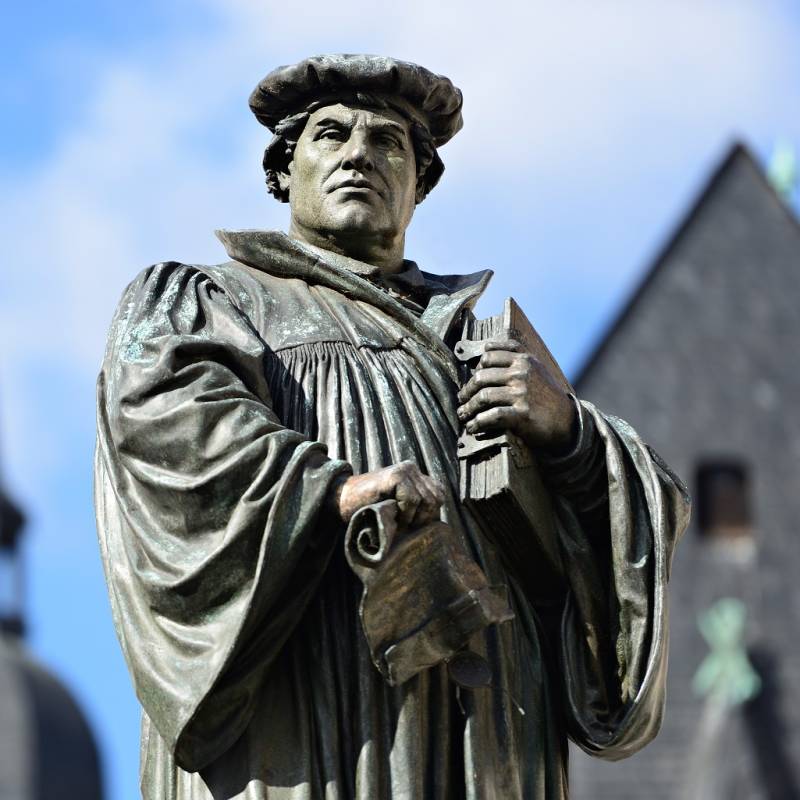
In 1914, after the assassination of Austro-Hungarian heir Archduke Franz Ferdinand in Serbia, Germany was pulled into the First World War alongside Austro-Hungary and Italy against Britain, France and Russia. Four years later, with 10 million fatalities across Europe, the war would end with the Treaty of Versailles. The years 1919-1933 were known unofficially as the Weimar Republic, so called after the new governmental policy was signed from within the city of Weimar.
The 1920s saw an incredible cultural renaissance in Germany. As the 1930s went on, the far-right Nazi party led by Adolf Hitler gained momentous traction. Anti-Semitism was a central doctrine of their campaign. As Chancellor of Germany, Hitler built the first concentration camps in 1933 and used these to house Jews and other so-called ‘undesirables.’ The chilling remains of both Dachau concentration camp, just outside of Munich, and Sachsenhausen, north of Berlin, are still standing and open to visitors. You can step right through the iron gates and under the jagged razor wires and into history and wander around the grounds, entering the barracks, the bunkers and the crematorium.
The city of Nuremberg is also an important destination for anyone interested in German history. The city served as the base of Hitler’s political rallies, held every year from 1923-1938. Ironically, Nuremberg was also the site of the human rights trials held by the Allies in the aftermath of World War II that would both sentence and execute ten prominent members of the Nazi political party. Germany’s invasion of Poland saw the beginning of World War II and would last until the Axis powers of Germany, Japan and Italy fell to the Allies in 1945.
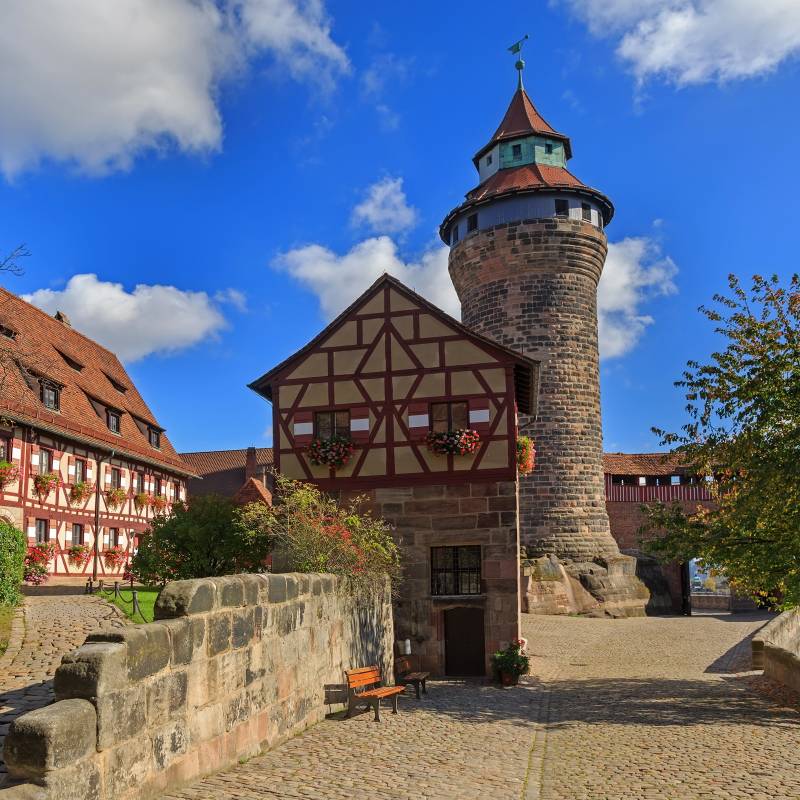
As a result of their loss in WWII, the country was divided into Occupation Zones, with East Germany and East Berlin falling under Soviet control and West Germany and West Berlin being divided up between the British, French and Americans. The Berlin Wall, erected in 1961, alongside heavily weaponized watchtowers, would come to symbolize the Iron Curtain between Europe and the Eastern Bloc. It was also the site of John F Kennedy’s impassioned “Ich bin ein Berliner” speech in 1963. There’s not much of the wall left standing now, but its colorfully-painted remains serve as an important historical reminder and The Wall Museum is certainly worth a visit. Over the next 40 years, East and West Germany developed very differently under two very contrasting regimes. The collapse of the Berlin wall in 1989 signaled an end to all divisions and a reunification of the country.
Since the fall of the wall, Germany has become an economic powerhouse and taken a lead role in the development of the European Union. During the economic recession of 2008-2014, Germany became the sponsor for Greece’s financial bailout. During the migrant crisis that began in 2015, Germany again led the way by receiving over 1 million immigrants fleeing wars across the Middle East and Africa. Today, Germany has become the perfect example of how one country can solidify and strengthen after war and tragedy to become a capable and resourceful leader. Read more


From geothermal spas to celebrated wine and food regions, take a true break from the everyday at these leisurely destinations in Europe.
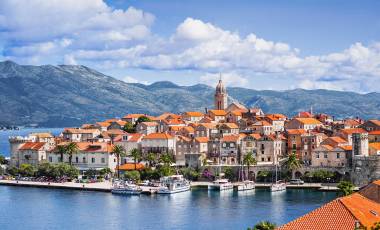
As part of our ongoing coverage of travel during the COVID-19 pandemic, we’re providing updates on specific regions.
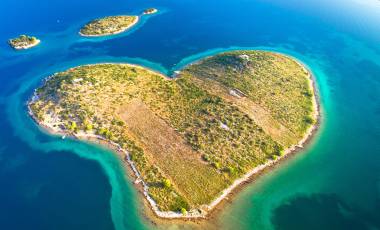
From dramatic ice caps and jewel-toned lakes to remote islands covered in verdant jungle and volcano craters, explore The Continent differently.
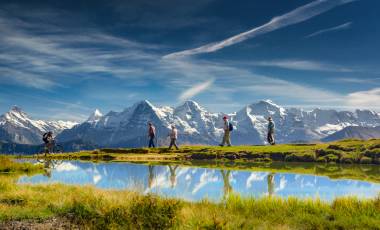
Discover historic cities in Central Europe by rail, starting from artistic and cultural Vienna by the Danube river in Austria and ending in cosmopolitan Geneva, the heart of modern Swiss culture. Diverse experiences await you on this journey so you can enjoy both cosmopolitan capital cities such as Munich, Salzburg and Zurich, as well as…
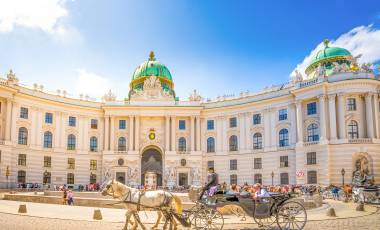
Grand castles, opulent palaces, stately churches, and more are on the cards as you travel through the historically rich cities of Vienna, Salzburg, and Munich. Art and architecture are the main themes as you visit the most famous buildings and monuments of Vienna. Views of rolling hills and vineyards keep you company as you drive…
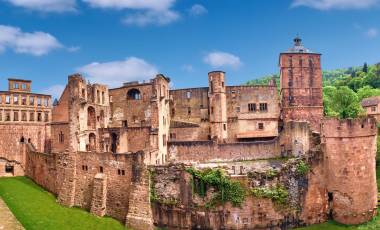
Explore the highlights of Germany, right from Frankfurt, the hub of trade and commerce, to the historic university town of Heidelberg, and the delightfully vibrant capital, Berlin. Traveling in comfort by rail, also visit Saxon stronghold Dresden and the charming Bavarian village of Nuremberg, where World War II history comes alive. End your tour in…
Often called ‘the country of poets and thinkers’, German culture is rich and diverse. Read more about the local culture and what to expect and look forward to, on your trip to Germany.
In the last few decades, German cuisine has redefined itself and new dishes and new twists on old favorites are everywhere to be found. From popular dishes to regional variations and wine, read more about what to expect.
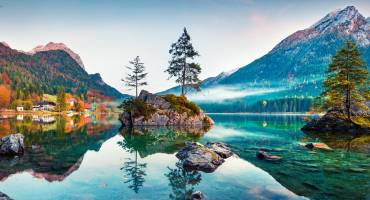





Our award-winning, licensed local guides provide incredible insights and exclusive experiences for you.
Our experts completely customize your private tour to match your interests and preferences.
All our accommodations and services are personally tested by our team.
You’ll have a personal and dedicated trip coordinator, backed by 24/7 support in case of emergencies while you’re traveling.
Your booking is flexible and completely secure with us.
Your safety and well-being are our top priorities.